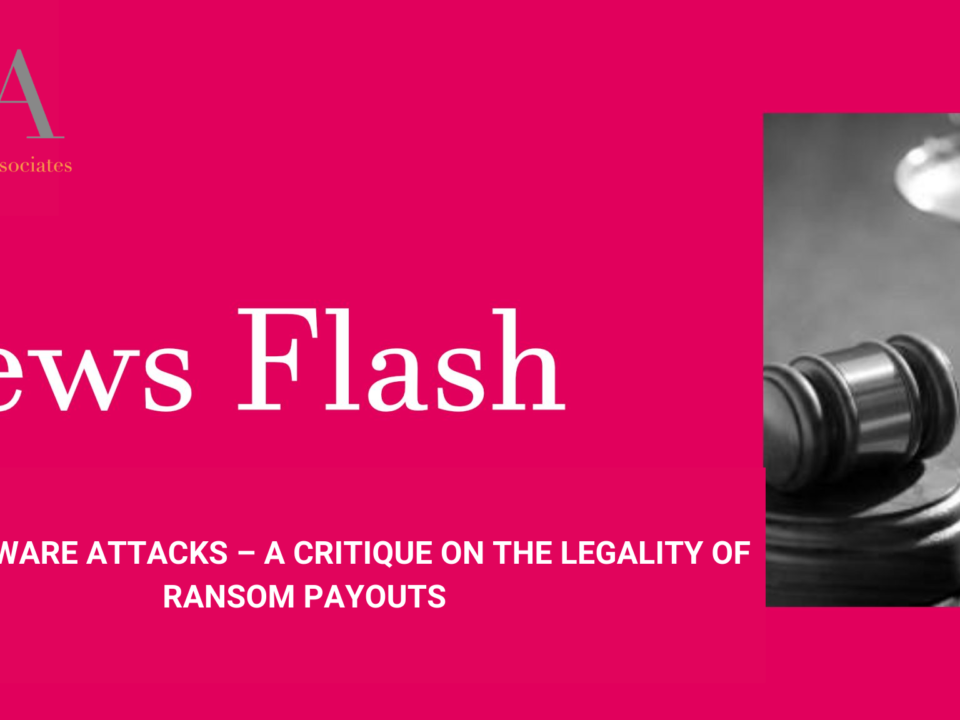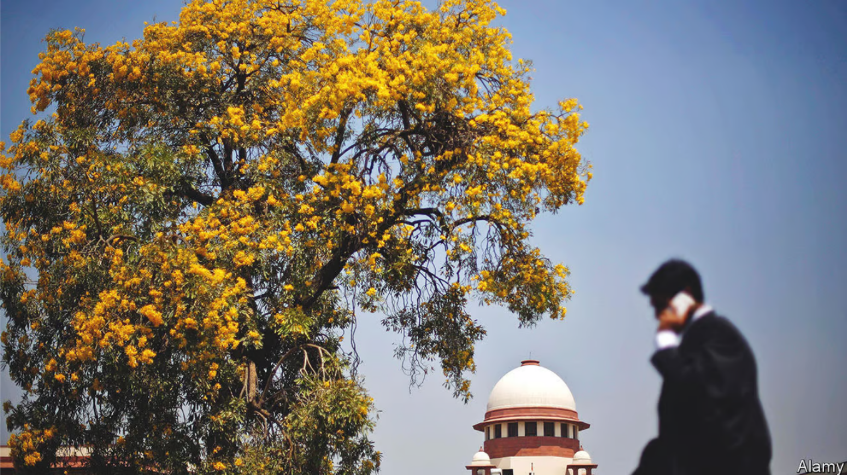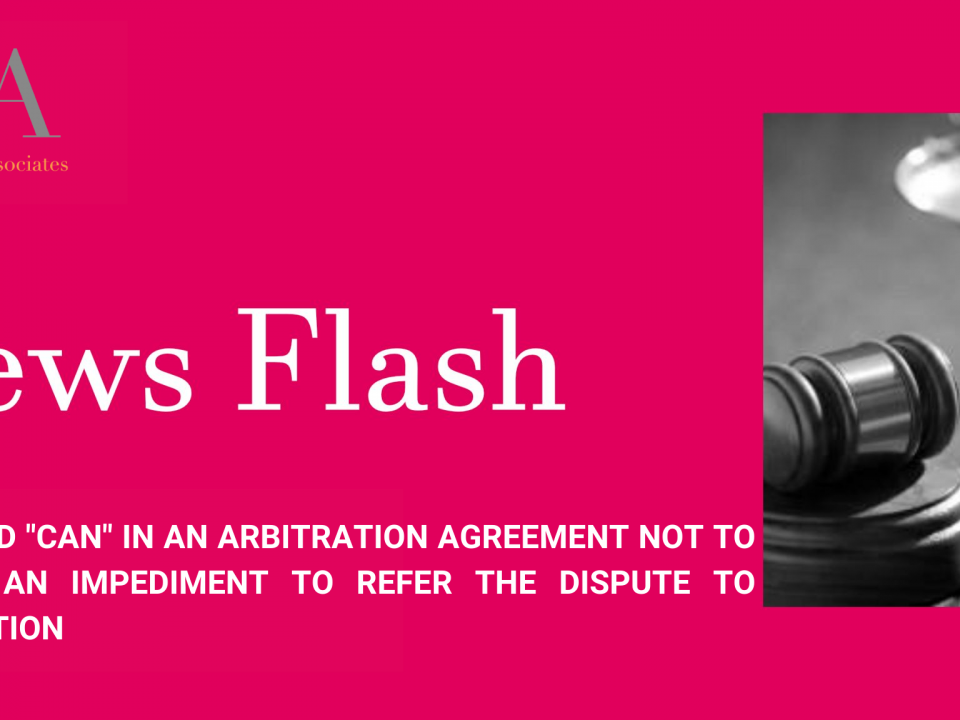Liability of Insurer to Indemnify Third Parties Subsists Unless Insurance Coverage is Cancelled and an Intimation Thereof has Reached the Insured

In the matter of Smt. Prasanna B. vs Kabeer P.K, the claimant in a proceeding for compensation before the Motor Accidents Claims Tribunal approached the Kerala High Court, challenging the decision of the Tribunal in exonerating the insurer of the vehicle from the liability to indemnify its owner.
The brief facts of the case are that the claimant sustained injuries in a motor accident. Subsequently, the insurer of the vehicle contested the claim petition contending that they were not liable to indemnify the owner, as the cover note issued by them for the vehicle was cancelled, when the cheque issued by the owner towards the premium of the policy was dishonoured. The Tribunal accepted the case of the insurer and exonerated them from the liability holding that the vehicle was not covered by a policy at the time of accident. Therefore, in the instant appeal preferred by the claimant, the said decision of the Tribunal was challenged.
The questions that fell for consideration before the Court were regarding the maintainability of the appeal and secondly whether the cancellation of the cover note was intimated by the insurer to the owner and thus determine the liability of the insurer?
The High Court dealt with the contention that the award passed by the tribunal can be challenged only by the owner of the vehicle who would be consequently liable to pay compensation to the claimant by placing reliance on the provision enumerated under sub section (1) of Section 173 of the Motor Vehicles Act, 1988.
Heeding attention to the expression ‘any person aggrieved by an award’ the court observed that if the contention taken by the insurer is accepted, in cases where the Tribunal exonerates the insurer from the liability erroneously and the owner who is consequently made liable is not aware or otherwise prevented by circumstances from preferring an appeal challenging the exoneration of the insurer, the victim might be deprived of compensation which he/she is entitled for the loss caused on account of the accident. In light of the above, the contention regarding the maintainability of the appeal was, therefore rejected.
Whilst dealing with the aspect regarding intimation of cancellation of the cover note, it was observed that though the owner had given evidence before the Tribunal to the effect that he did not receive any communication, no evidence was let in by the insurer to prove the receipt of such communication by the owner.
In order to make the determination as to whether the statements made by the owner can be considered reliable, the Court stated that the premium of the policy was only about Rs.1000/- and under normal circumstances, there is no reason for a person who issues a cheque for the said amount, for obtaining a policy of insurance for his vehicle, to cause the same to be dishonored. Therefore, the possibility of the owner being not aware of the bouncing of the cheque issued to the insurer for the said purpose cannot be ruled out. Additionally, it was opined that merely because the owner took a new policy after the accident, it would not mean that he was aware of the cancellation of the mentioned policy.
Further the court observed that even the presumption attached to the delivery of an article sent by registered post in terms of Section 27 of the General Clauses Act, 1897 can be rebutted. The burden would then shift to the party who wants to rely on the presumption to satisfy the court by leading oral or documentary evidence to prove the service of such article on the addressee.
Moreover, it was concluded that the owner had rebutted the presumption as to the receipt of the communication claimed to have been sent by the insurer under certificate of posting. On perusal of the same, it was obligatory for the insurer to prove the service of the postal article claimed to have been sent by them to the owner.
In light of the same, it was observed that the insurer was unable to establish the above-mentioned fact, therefore the appeal was allowed and the award impugned in the appeal in so far as the same exonerated the insurer from the liability to indemnify the owner stood vacated.



